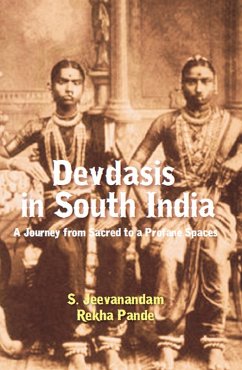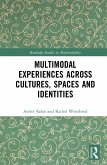This book traces the gradual transition of the devadasi system from the early medieval to the modern society from sacred to profane spaces. In early medieval period these were women with a lot of wealth and standing dedicated to temples. The intervention of the colonial power introduced new economic patterns that influenced new kinds of social structure. The nation building process of the 19 century C.E. was largely constructed on female sexuality that brought concepts such as 'social purity', 'good women', and 'motherhood' to the forefront. This further weakened the social acceptance of the devadasi women. In the early 20 century C.E., devadasi lost both their social and economic base and became common prostitutes and eventually the devadasi institution faded away. This study uses qualitative methods, especially the methodologies of History and Gender Studies. Besides archival research, this research also carried out unstructured interviews with the last surviving devadasis. This book would be a very valuable resource for students and researchers of History, Women's history, Women's studies and Religion.
Dieser Download kann aus rechtlichen Gründen nur mit Rechnungsadresse in A, B, BG, CY, CZ, D, DK, EW, E, FIN, F, GR, HR, H, IRL, I, LT, L, LR, M, NL, PL, P, R, S, SLO, SK ausgeliefert werden.









